Science Talk
With our Science Talk blog, we hope to lift the lid on the black box that is the ICR: to show you inside our labs, to introduce you to a few of the people here who make the discoveries, and to allow them to tell some of the stories behind the science. We try to put our discoveries in a wider scientific context, and give an idea of how our science is actually done. We also give you the view from the ICR of important developments in the wider world of cancer research.
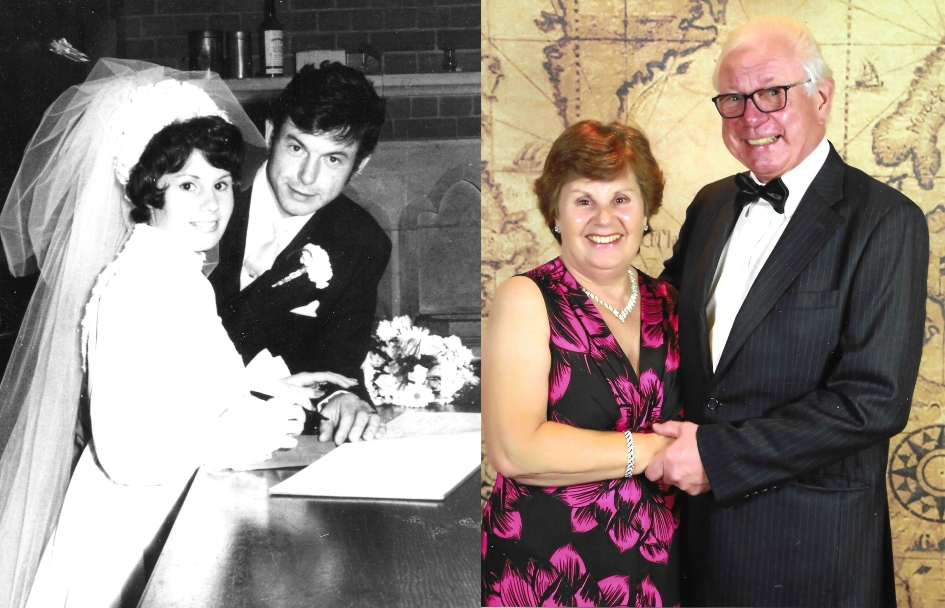
“I think the cancer is done now” – Gerry’s story
Gerry was diagnosed with prostate cancer in 2000. During Prostate Cancer Awareness Month, he tells us what research has brought him.
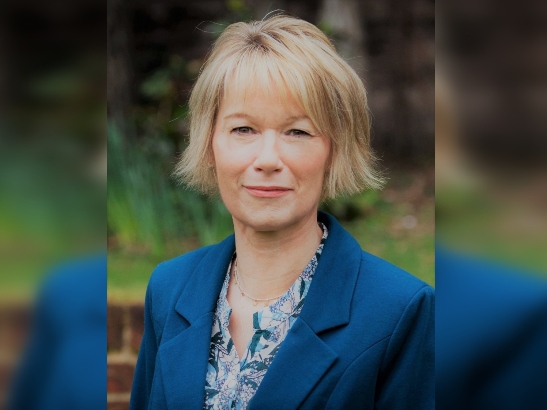
International Women’s Day 2022: meet ICR entrepreneur-in-residence Heather King
Heather King is one of the entrepreneurs-in-residence here at The Institute of Cancer Research. As part of a programme of entrepreneurial activities overseen by our Business and Innovation Office, Heather is working closely with our researchers – ultimately, aiming to help develop more new products, services and companies to benefit cancer patients. For International Women’s Day, she spoke to Rose Wu about her journey in science and industry, and her advice for the women leaders of the future.

"Being diagnosed with cancer changed the way I work" – Surinder’s story
Nurse consultant Surinder tells us how her experience of cancer changed the way she cares for patients.
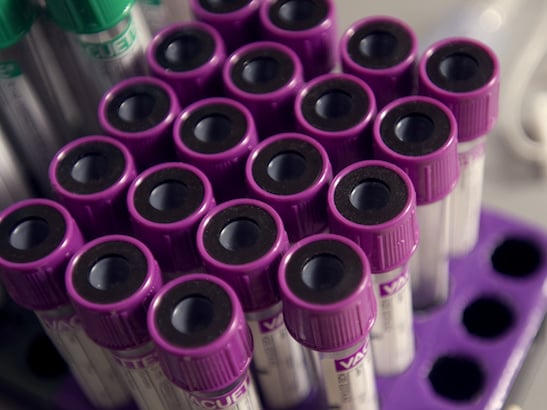
How reliable are direct-to-consumer genetic tests when interpreting cancer risk?
At-home genetic testing has gained a lot of traction in recent years, raising many ethical issues. Diana Cano talked to world-leading cancer genetics expert Professor Ros Eeles to find out more about the promises and dangers of direct-to-consumer tests in helping to manage cancer risk.
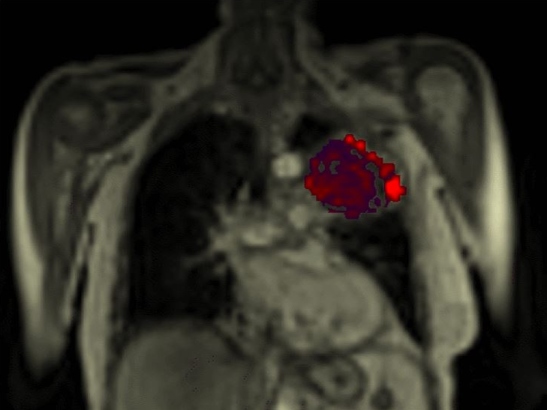
A different point of view: finding new ways to image cancer
Professor James O’Connor and his team work on developing new ways to image cancer, with a particular focus on imaging tumour cells that don’t receive enough oxygen – a phenomenon called hypoxia that can lead to treatment resistance. Céleste Nilges spoke to him to find out more.
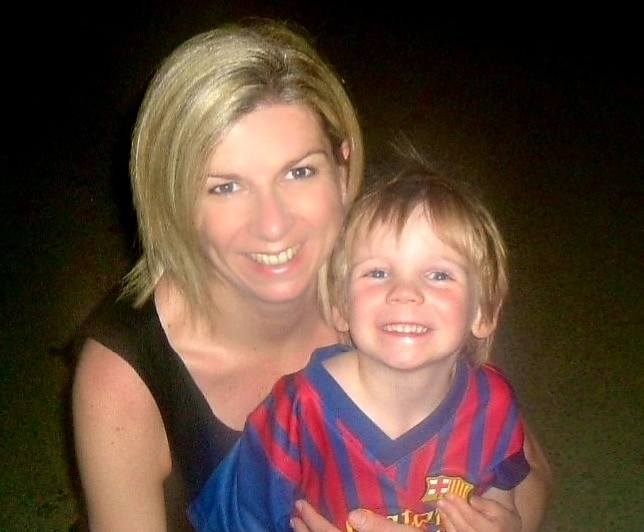
Why we’re giving Lucas a legacy – Jo’s story of losing her son to a brain tumour
Jo Williams and her husband set up the charity Lucas’ Legacy after losing their son, Lucas, to a brain tumour when he was nearly seven years old. Their support has helped fund our life-changing research into childhood brain tumours. Jo shares their story.
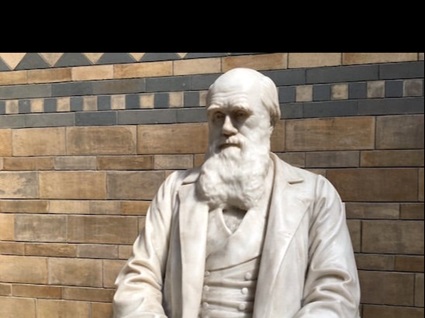
Applying Charles Darwin’s theories to expose cancer’s secrets
To celebrate Darwin Day, we spoke to Professor Trevor Graham who soon joins us as the new Director of our Centre for Evolution and Cancer. Julia Bakker found out more about his research, how he’s inspired by Charles Darwin, and where he hopes to take our Centre in years to come.
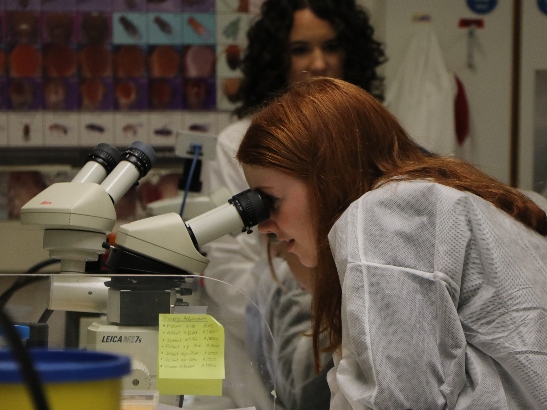
International Day of Women and Girls in Science 2022: thoughts from our researchers to the next generation
To mark the International Day of Women and Girls in Science this year, we're sharing some words of encouragement and advice from our scientists to inspire the next generation of young women starting out in STEM.

The exciting potential of radioactive elements in cancer treatment
The element lutetium has made headlines around the world recently. In its radioactive ‘Lu-177’ form, as part of the drug Lu-177-PSMA, it has exciting potential as a cancer treatment – as our researchers here at The Institute of Cancer Research have helped to demonstrate.
So how does it work – and what other radioactive elements have been used as cancer treatments?
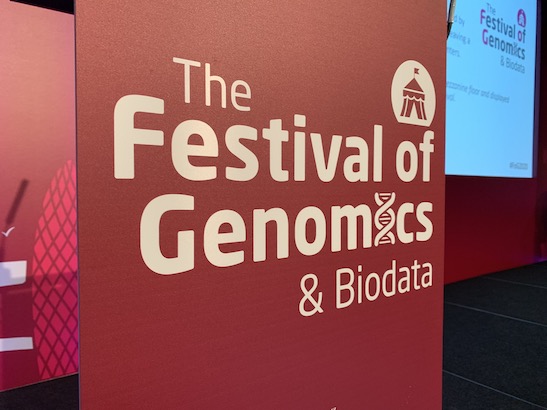
Sequencing, drugging and interpreting genomes: Where is genomics going next?
The 2022 Festival of Genomics and Biodata took place last week. Our Media Officer Diana Cano reports on some of the talks, with topics ranging from cancer genomics to drug development.

A targeted prostate cancer screening programme could be possible in five years - what will it look like?
The UK began screening for breast cancer nearly 35 years ago but we’re yet to have a screening programme for prostate cancer. Julia Bakker spoke to the UK’s leading expert in prostate cancer genetics, the ICR’s Professor Ros Eeles, about the progress we’re making and when we can expect prostate cancer screening to be a reality.
-4-3.jpg?sfvrsn=28cfd20_2)
An unconventional journey - beginning a research career later in life
Paul Eve, a Senior Scientific Officer in Cancer Therapeutics, was 41 when he started his first science job, having previously worked as a chef and a scaffolder. He tells us more about his career, and why he thinks his varied jobs have added to his work.
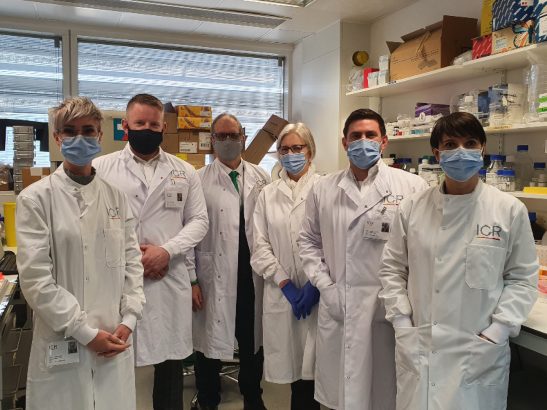
Rising to the challenge: meet one of our researchers applying expertise in breast cancer research to make gains in childhood cancer
Jules Bakker spoke to Dr Chiara Gorrini about joining one of the top childhood cancer research labs in the UK. She discusses how her ten years of experience studying breast cancer is helping the lab drive forward discoveries that will lead to smarter and kinder treatments for children with cancer.
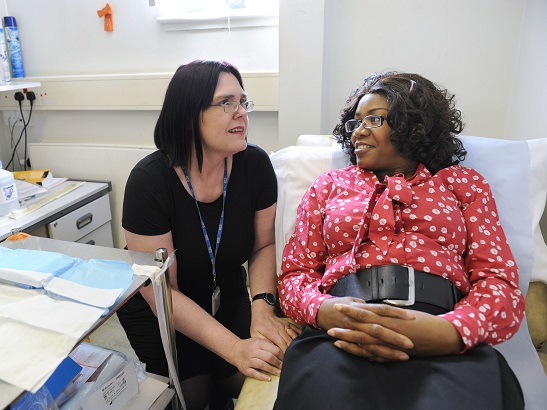
How new guidelines are ushering in a new era for breast cancer clinical trials
Breast cancer clinical trials have evolved over the years, and with new ideas came new challenges in reporting their results. Molly Andrews explores the ICR’s role in setting out new guidance for recording results from breast cancer clinical trials.
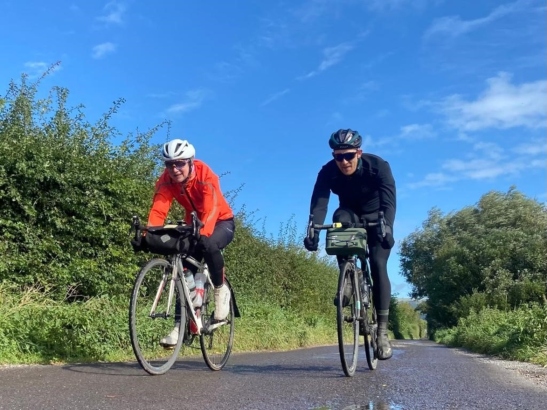
“I was so young when my mum died” – Danny’s secondary breast cancer story
Danny lost his mum to secondary breast cancer when he was just seven years old. He tells us how he found a community who are helping to fight the disease.
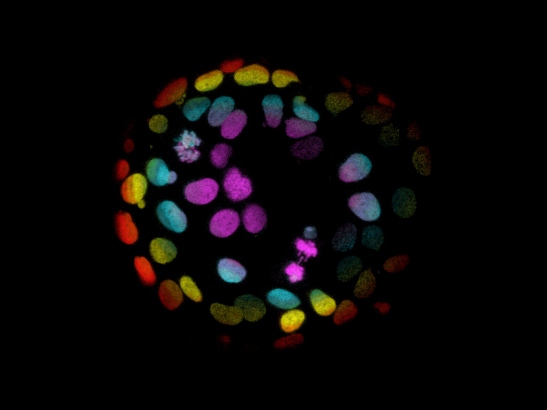
NCRI 2021: Debating the future of cancer treatment
Munro Passmore, Public Engagement Intern at the ICR, reports on a series of discussions at the recent NCRI Festival exploring current issues and opportunities at the heart of cancer research.
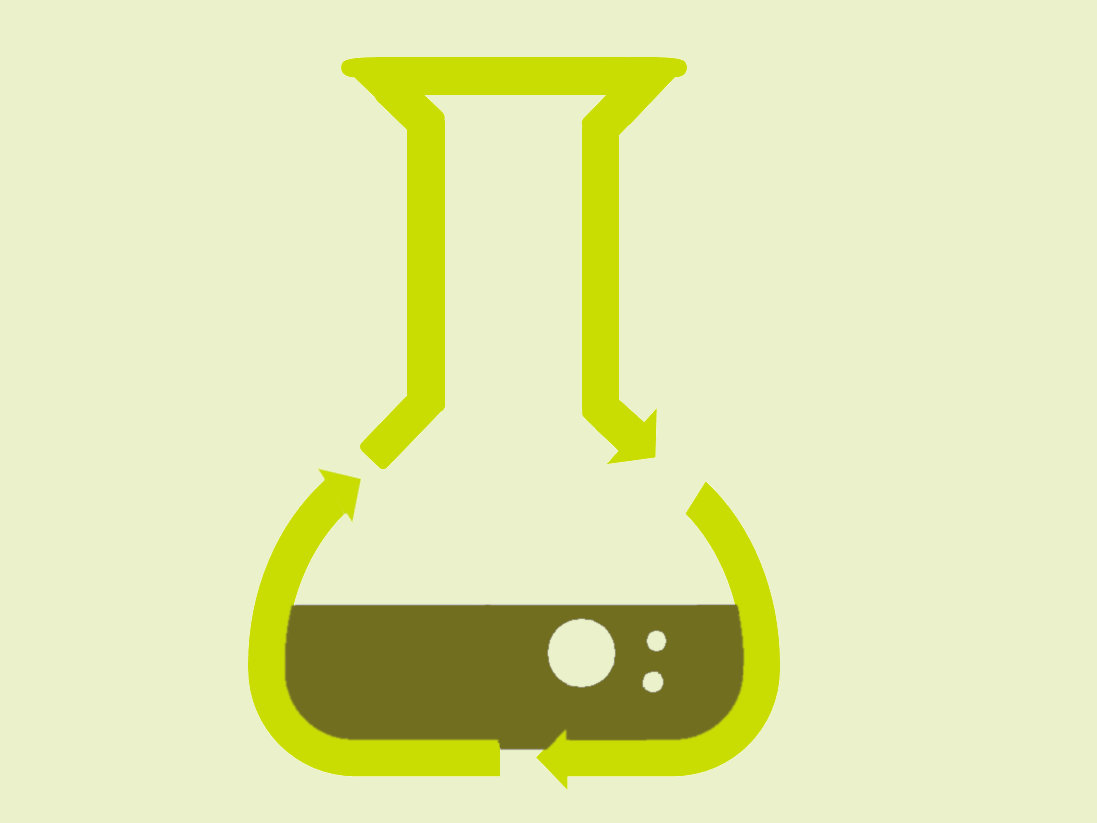
Embedding sustainability at the ICR
Now world leaders have left COP26 in Glasgow after agreeing measures to help combat climate change, Environmental Sustainability Consultant Peter Watts discusses the steps the ICR is taking to reduce our carbon emissions and to help make our research more sustainable.
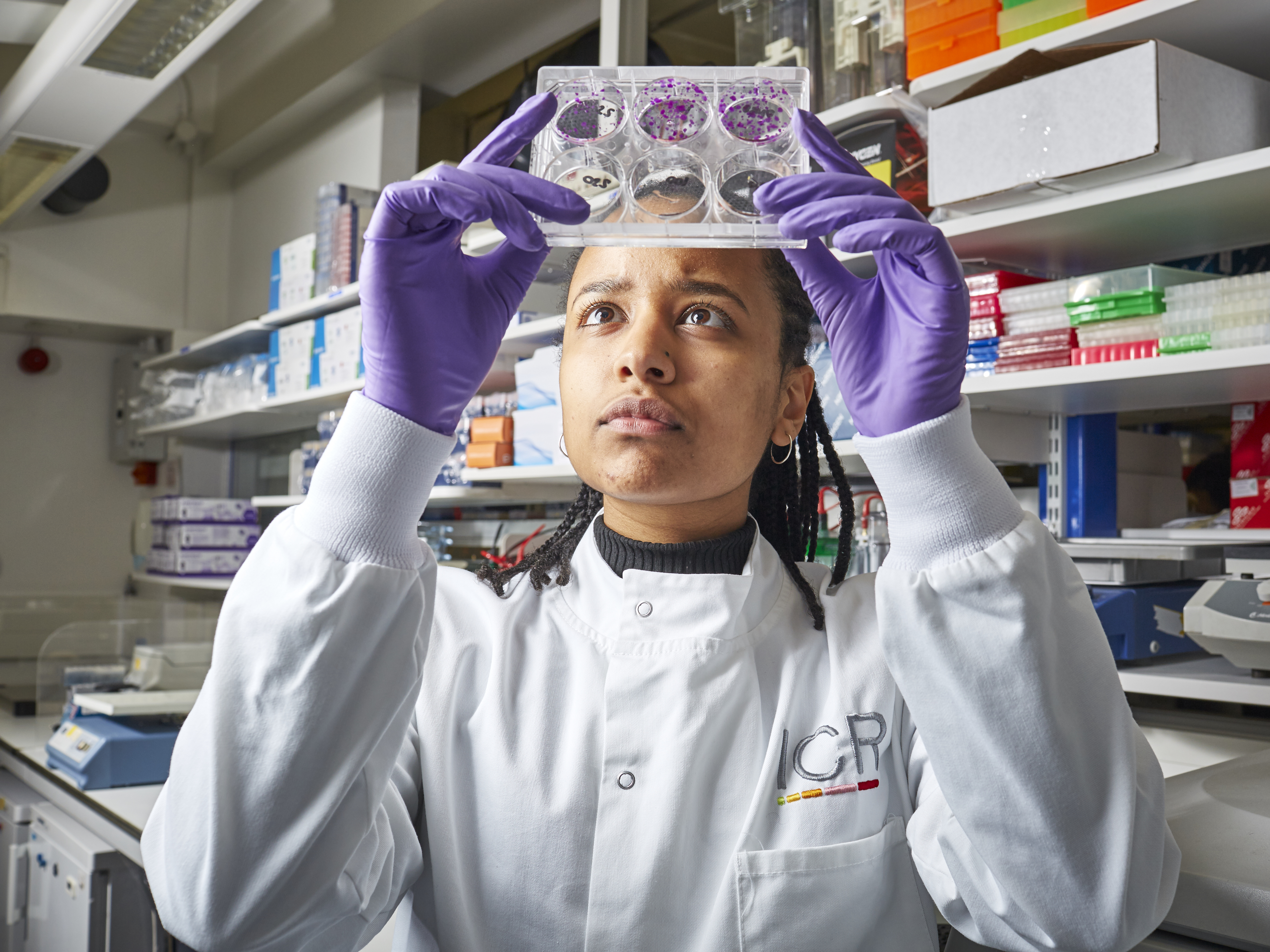
The year 2035: What is the future of cancer research and treatment?
The Covid-19 pandemic has accelerated many changes in cancer research, and shown we can do things in radically different ways – as we heard at a series of ‘Year 2035’ talks at this year’s National Cancer Research Institute (NCRI) Festival. Here we take a look at three key themes emerging from these talks: the challenges of adapting cancer treatment for an ageing population, the importance of equality and diversity, and clinical trials in a post-Covid world.
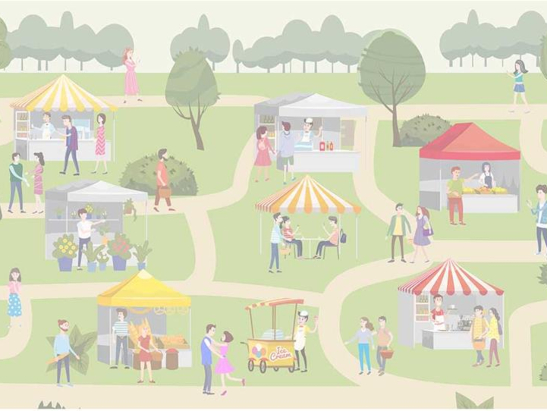
NCRI 2021: Cancer researchers reconvene virtually for UK’s largest cancer conference
We highlight the ICR science being presented at this year’s virtual NCRI Festival.
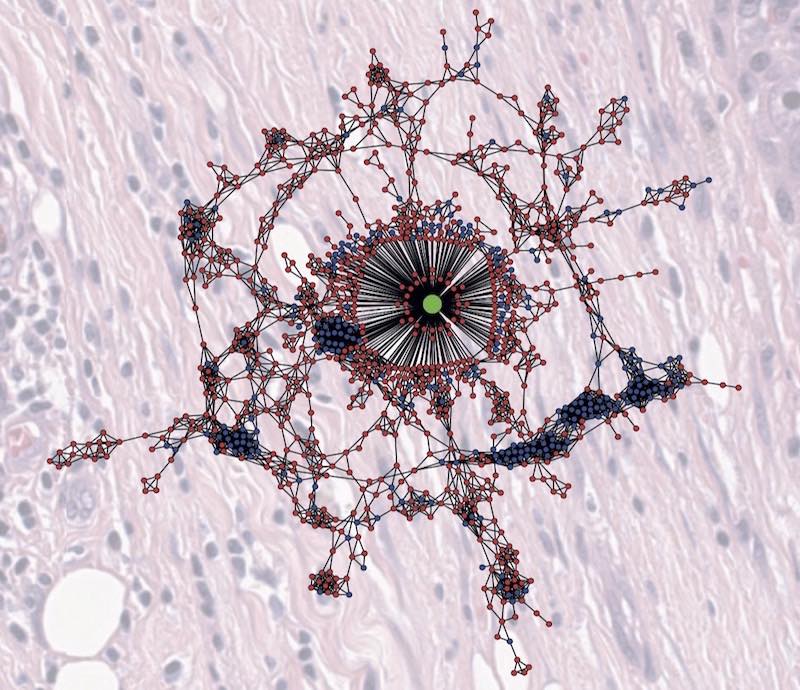
Digital pathology: how our scientists are part of a revolution in cancer diagnosis and treatment
National Pathology Week celebrates the important contribution pathologists make to healthcare. At The Institute of Cancer Research, we’re pioneers in a new field called digital pathology – that’s set to transform the way cancer is diagnosed and treated, using sophisticated computing tools and artificial intelligence to uncover crucial clues about tumours.